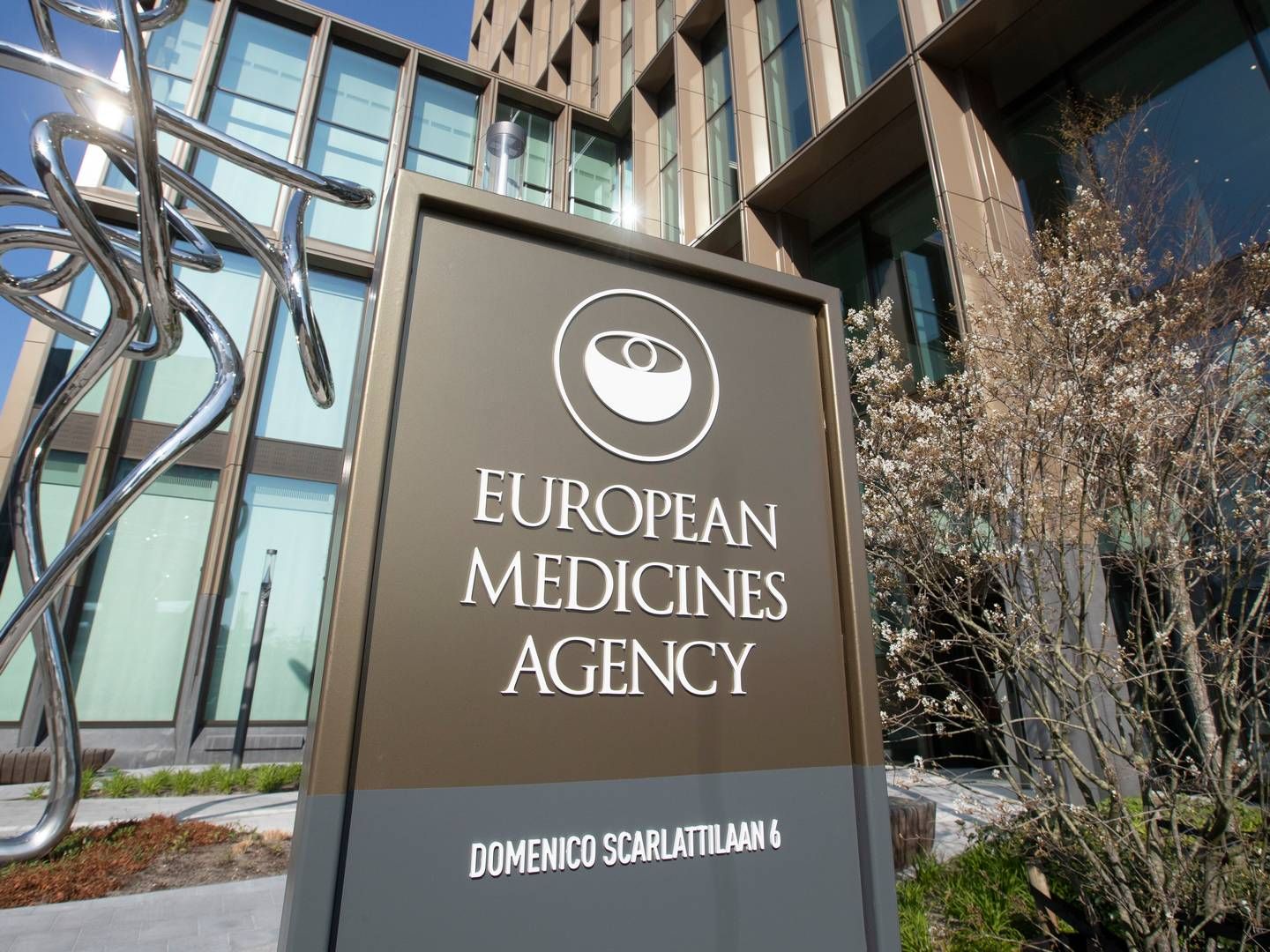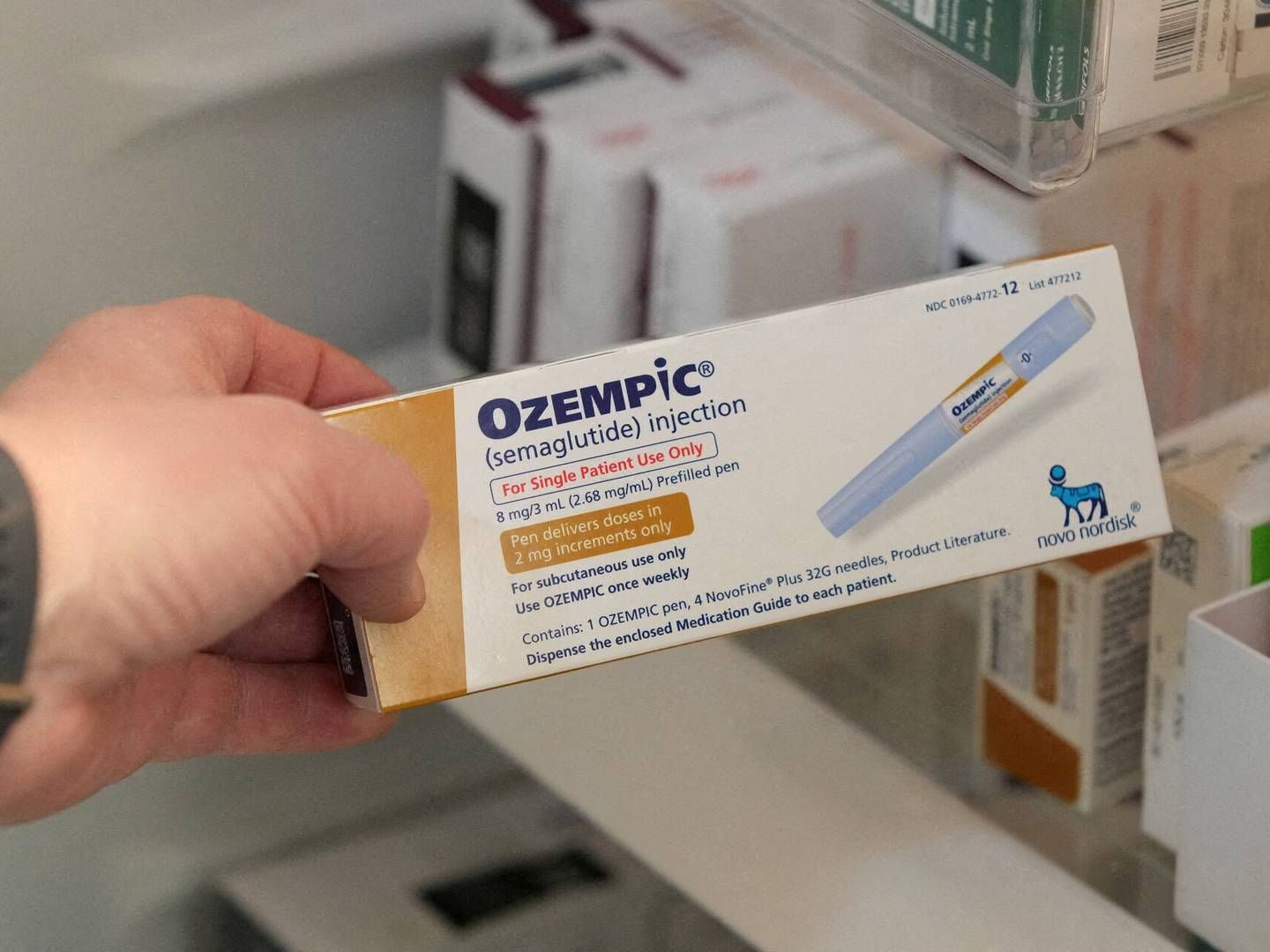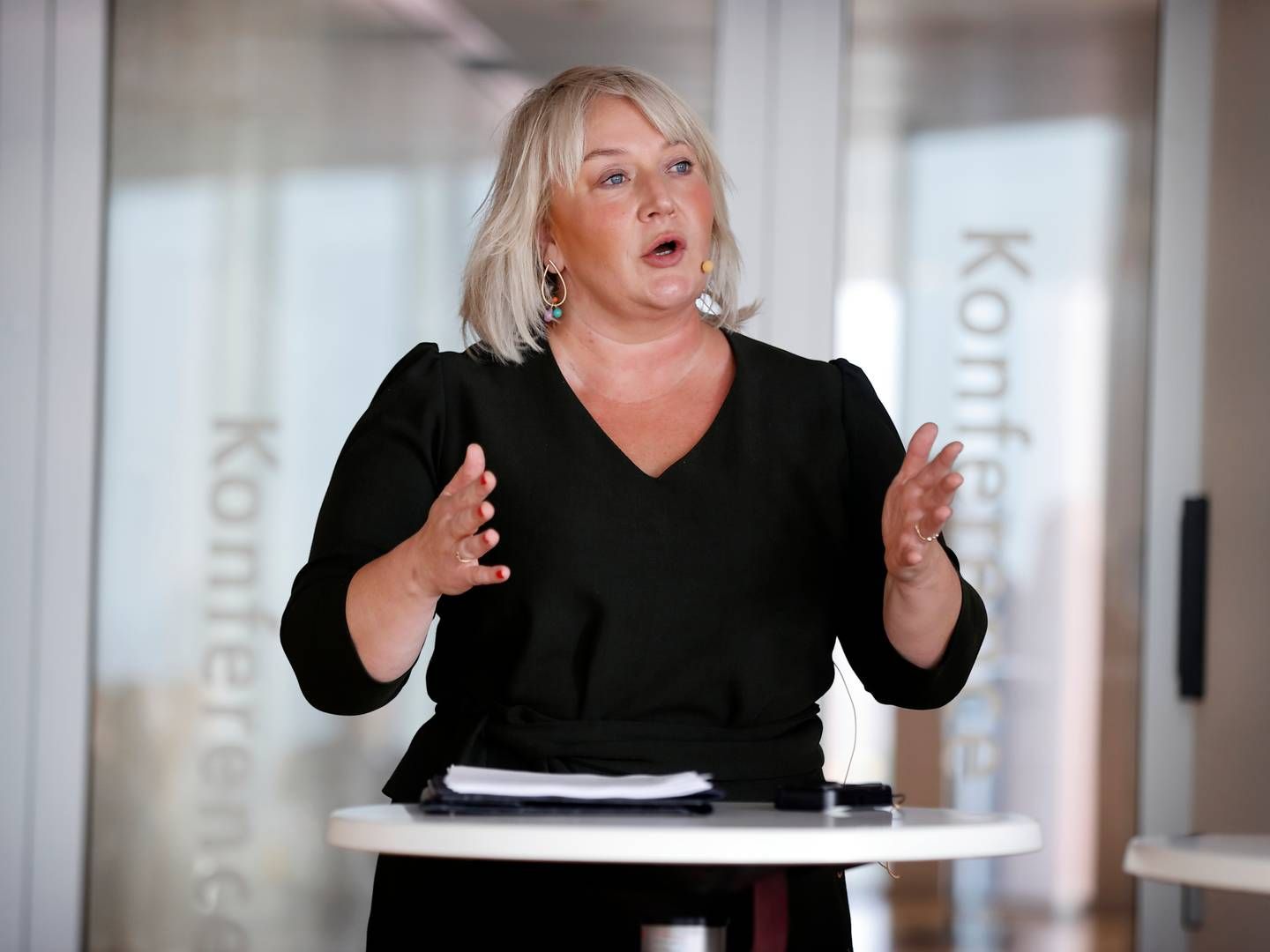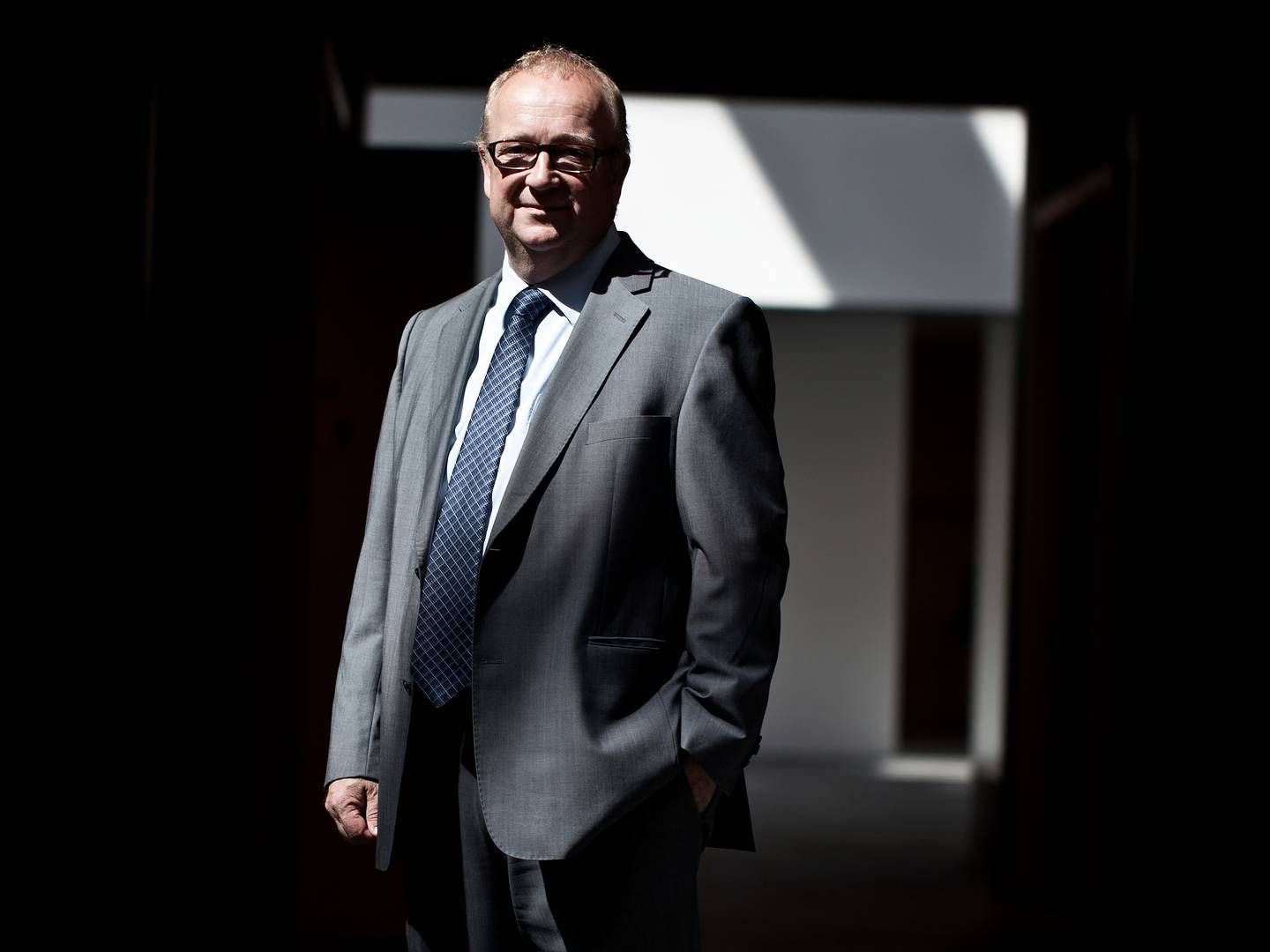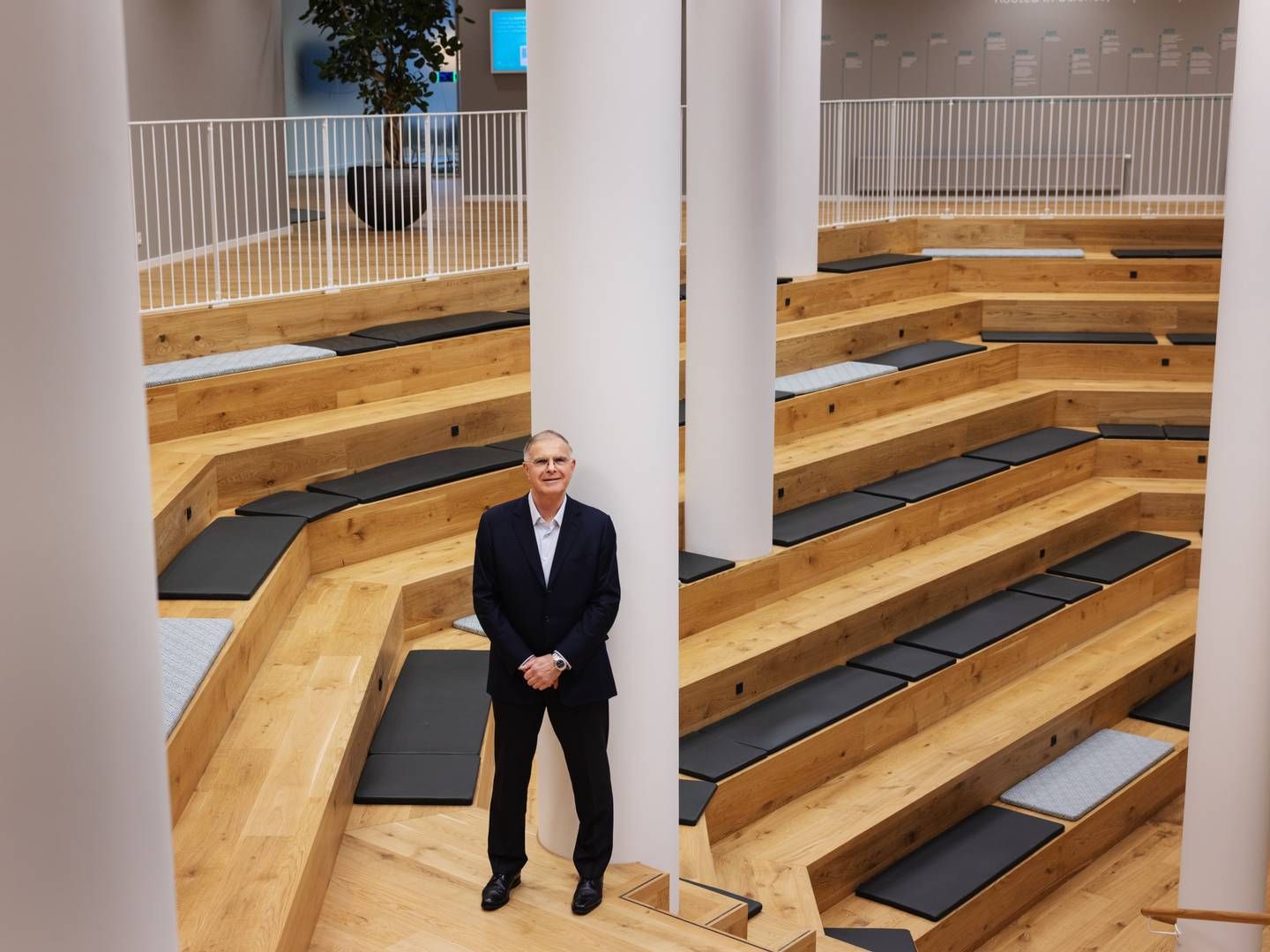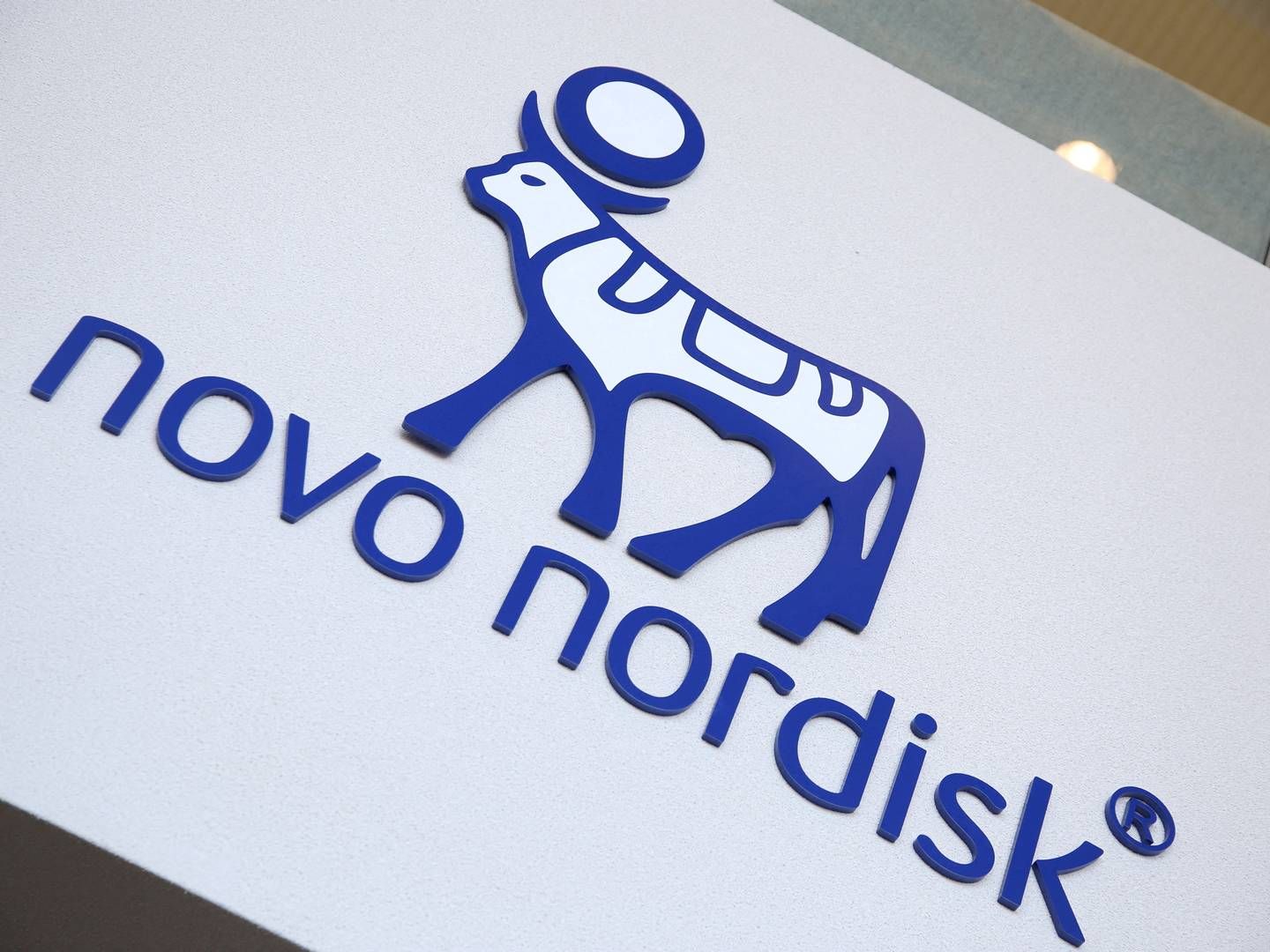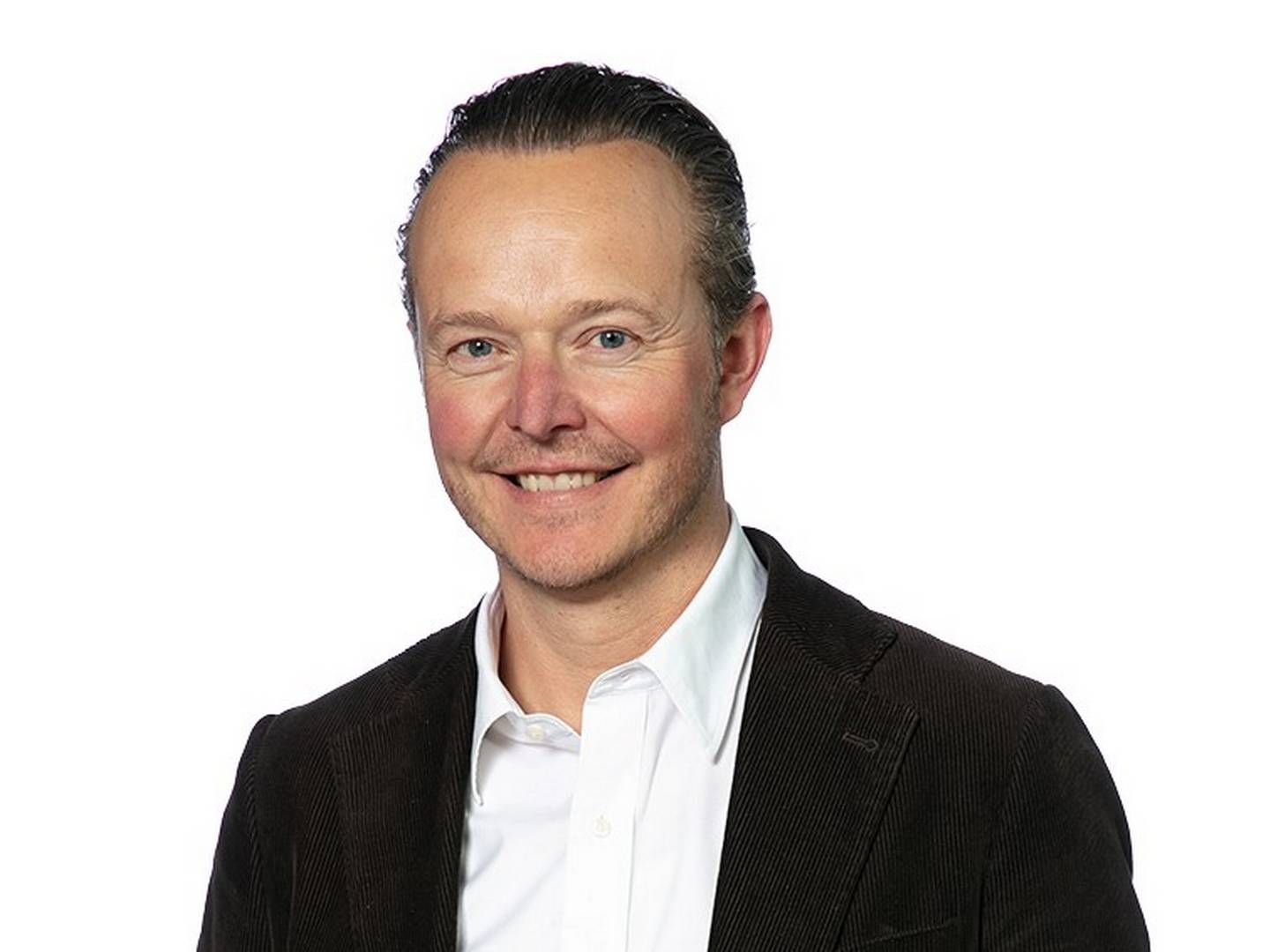Danish Medicines Council discusses diabetes guidelines again

A hot potato with a familiar feel.
At its monthly advisory meeting on Wednesday, the Danish Medicines Council discussed the problems and challenges associated with creating a treatment guide for type 2 diabetes.
This is recorded in the agenda for the meeting, which is displayed on the Council's website.
The topic is not new.
Back in December, the Medicines Council discussed the subject, resulting in a decision to postpone the planned overhaul of the advice for diabetes and the creation of treatment guide for type 2 diabetes.
The Council had decided to work on a treatment guide for the area, but shortly after they made the decision they were approached by companies such as Novo Nordisk and Sanofi and the Danish Diabetes Association, who all wanted a more coordinated professional approach to diabetes instead of yet another guide.
There is already a mountain of treatment guides for type 2 diabetes - the scientific organizations EASD/ADA, the Danish Association for Common Medicines and the Danish Endrocrological Association have all released treatment guides, and the Health Association's Institut for Rationel Farmakoterapi has also published a list of reccomendations.
This vast number of guides and reccomendations caused practising doctors and organizations for practising doctors to reject the need for yet another treatment guide for type 2 diabetes.
One of the chairmen of the Danish Medicines Council, Jørgen Schøler Kristensen, has previously told MedWatch that the Council's work could have direct consequences for pharmaceutical companies' sales in Denmark.
"It would mean that the companies who have good medicine for a good price would be promoted over others. That's how simple it is. The better and cheaper the medicine is, the bigger the sales and deals for the companies," he said to MedWatch in October last year.
The chairman promised in December that the Council would return to the topic at a later point.
"The Medicines Council will investigate how their treatment guidelines can be better implemented in the health administration as soon as possible, so that all patients can feel the benefits. Then the Medicines Council will consider the topic again," he said.
A long road to practical guidelines
Although Wednesday's meeting should have concluded with a decision over whether to continue the work towards treatment guidelines for type 2 diabetes, there is a long way to go before a concrete guide would be ready for use by doctors and other professionals.
First, a diabetes committee would need to be formed.
When this could happen depends on how quickly the Medicines Council could find regional members and receive suggestions from the medicinal associations for the post of chairman.
Once that has happened, the work on the treatment guide can start - and that might take a while.
"This is a big treatment guide, so it might take 7-8 months before the committee has created the guide and is ready to present it to the Medicines Council," Jørgen Schøler Kristensen has previously told MedWatch.
English Edit: Catherine Brett
Would you like to receive the latest news from MedWatch directly in your e-mail inbox? Sign up for our free English newsletter below.
Relaterede artikler
Danish Medicines Council postpones diabetes guidelines
For abonnenter





